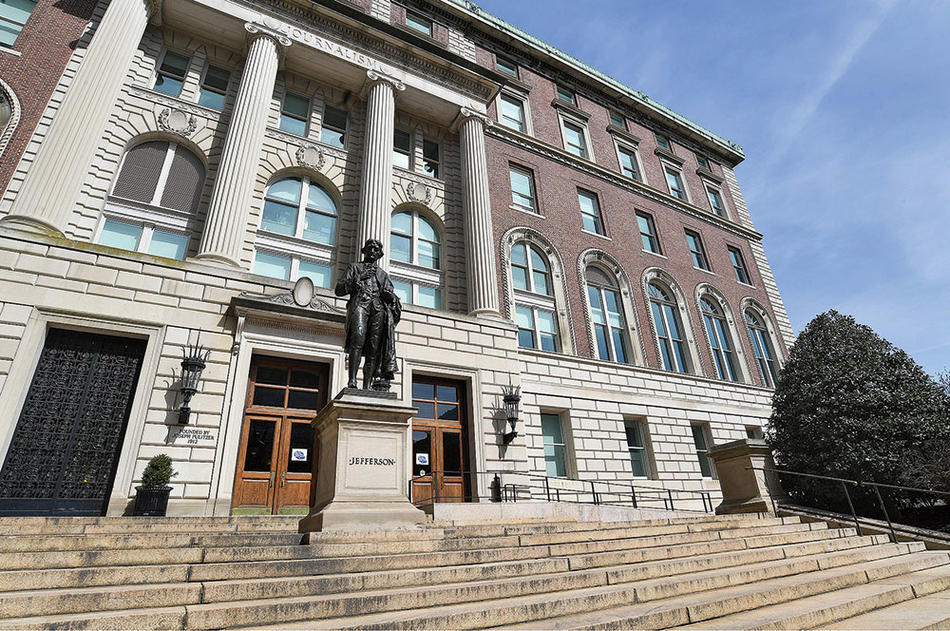“Not since the 1960s has there been such a confluence of fundamental questions about journalism: about its weaknesses, its shortcomings, but also the opportunity to remake it.”
— Steve Coll, dean, Columbia Journalism School
“We have a technological challenge, a business-model challenge, a challenge of better representing our communities, and that’s all happening against the backdrop of a rapidly changing America, one in which four in ten people now identify as people of color.”
— Sewell Chan, editor of the editorial pages, Los Angeles Times
“The best journalism has a moral resonance. It is fact-based and complex. But it has a moral resonance.”
— Susan Chira, editor in chief, the Marshall Project
“We need to be in regular conversation with underrepresented communities, ... to invite them to criticize us. To tell us what we are getting wrong and what we are getting right. That’s a really important part of what an accountable media looks like.”
— Ashton Lattimore, editor in chief, Prism
“Anyone looking at news independent from social media, Google search, and the web of advertising around them is fooling themselves. We are in a more complex ecosystem.”
— Ethan Zuckerman, visiting research scholar, Knight First Amendment Institute at Columbia University
“If you create an ecosystem where good, accurate information is information you have to pay for, then free information may be less valuable and less accurate. And you create an information divide. That concerns me.”
— Andrea Valdez, editor in chief, the 19th



